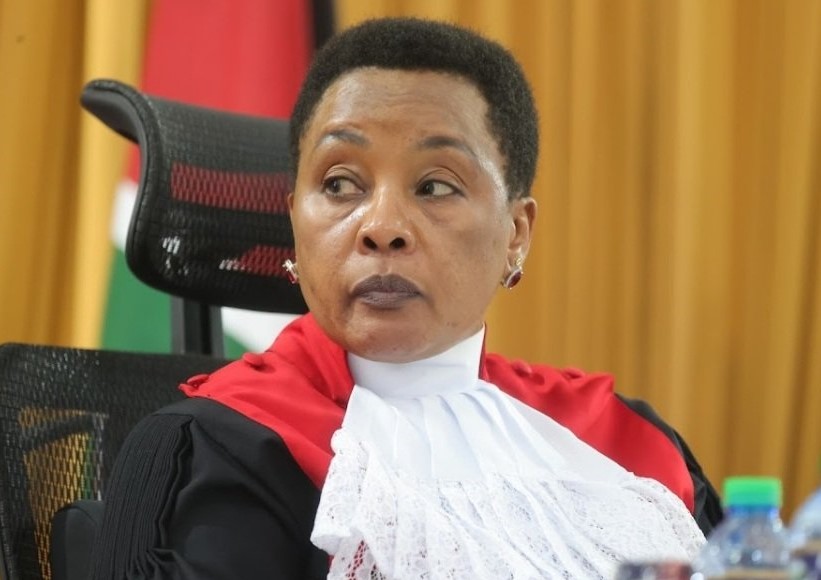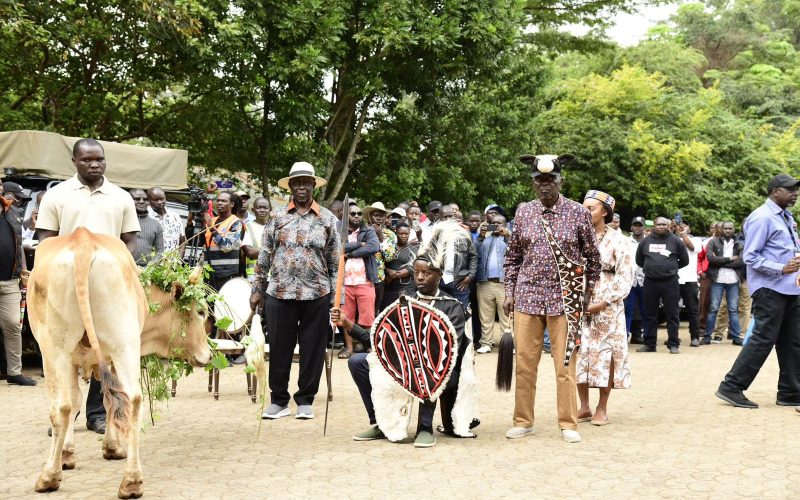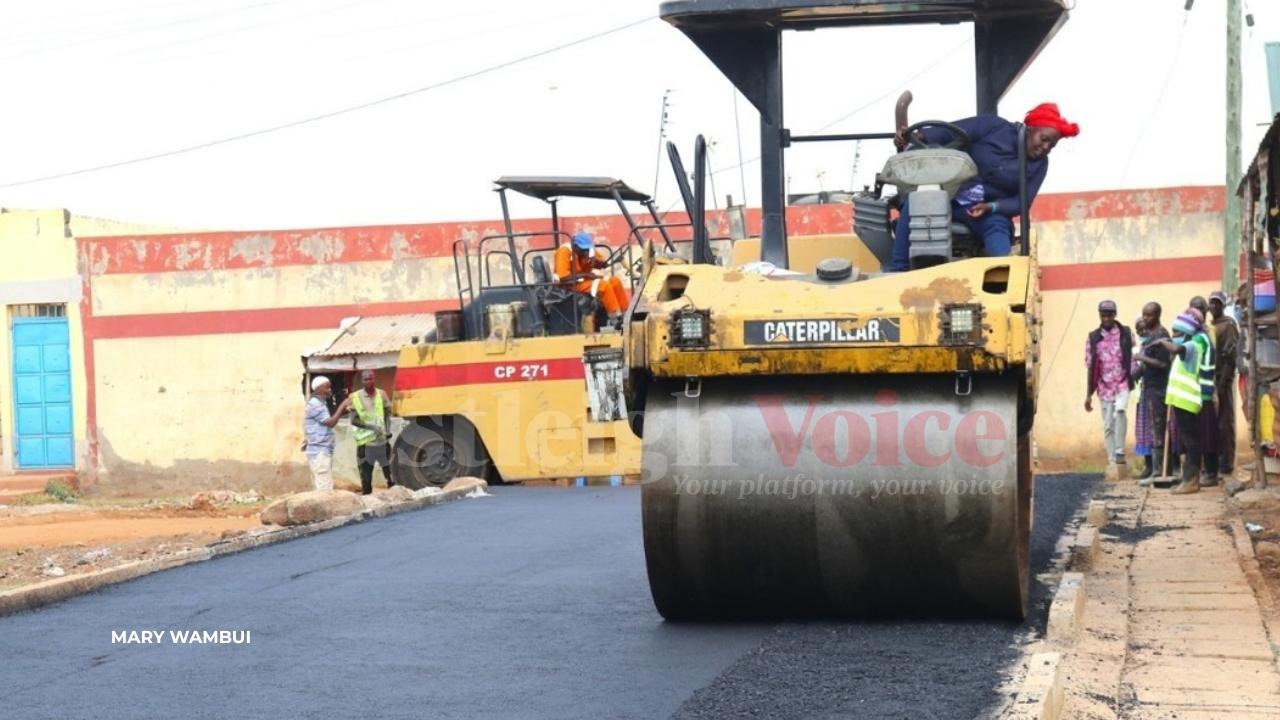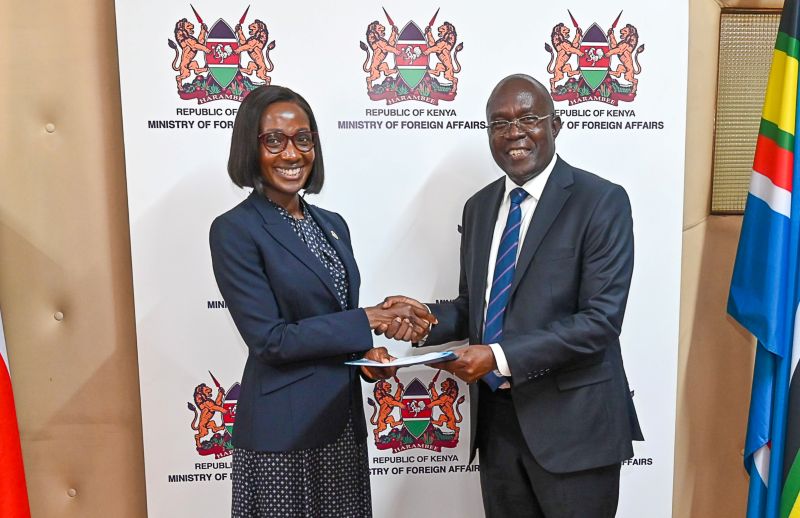DCJ Philomena Mwilu cleared of misconduct in Gachagua impeachment case

The Court of Appeal, in its May 9, 2025 judgment, acknowledged that the law was unclear about whether the DCJ could act in the Chief Justice’s stead.
The Judicial Service Commission (JSC) has rejected a petition calling for the removal of Deputy Chief Justice Philomena Mwilu over her handling of the impeachment case of former Deputy President Rigathi Gachagua.
Belinda Egesa, who filed the petition, accused Mwilu of unlawfully assigning judges to hear the case and of overstepping her authority, which is reserved for Chief Justice Martha Koome. The petition also claimed that Mwilu acted incompetently and violated the Constitution.
More To Read
- IPOA Chair Issack Hassan, Katwa Kigen and 33 others shortlisted for Court of Appeal judge positions
- Lawyer sues Chief Justice Koome over delayed rollout of Small Claims Courts
- High Court dismisses Omtatah’s petition on JSC bias in judge promotions
- 129 judicial officers appointed as Small Claims Court adjudicators
- JSC dismisses corruption claims by Captain Kungu Muigai, reaffirms Judicial integrity
- Court blocks JSC from acting on petition to remove Justice Sankale Ole Kantai
The JSC, however, found that the petition did not meet the legal requirements for removing a judge under Article 168.
The controversy centred on Mwilu’s decision to appoint Justices Erick Ogola, Anthony Mrima, and Freda Mugambi to the Gachagua case.
While the Court of Appeal later ruled that Mwilu had exceeded her mandate, the JSC said her actions were carried out in good faith, given the legal uncertainty surrounding the powers of the Deputy Chief Justice at the time.
The Court of Appeal, in its May 9, 2025 judgment, acknowledged that the law was unclear about whether the DCJ could act in the Chief Justice’s stead.
The JSC concluded that Mwilu’s decisions were guided by genuine legal uncertainty rather than deliberate wrongdoing or misconduct.
The High Court case in Kerugoya had been filed by three Kirinyaga residents challenging both Gachagua’s impeachment and the swearing-in of Kithure Kindiki as his replacement.
The bench empanelled by Mwilu allowed Kindiki to take office, but the Court of Appeal later annulled the decision, ruling that Mwilu had no authority to act on behalf of the Chief Justice under Article 165(4).
Following this ruling, Egesa petitioned the JSC to recommend Mwilu’s removal, arguing that her actions had serious constitutional consequences.
“The consequence of the unconstitutional conduct of the Deputy Chief Justice in improperly empanelling the bench of three judges resulted in the setting aside of conservatory orders in Kerugoya High Court, thus greenlighting the swearing-in of Prof Kindiki as the Deputy President, replacing Gachagua. These events cannot be practically reversed,” her lawyers said.
They further argued that Mwilu had directly usurped the Chief Justice’s authority, citing the appellate court’s declaration, “indubitably, we find and hold that there was no evidence that the Deputy Chief Justice was the acting Chief Justice or that there existed exceptional circumstances permitting her to exercise the mandate constitutionally reserved for the Chief Justice under Article 165(4).”
Despite these claims, the JSC ruled that the petition lacked sufficient evidence to justify removal, affirming that Mwilu’s conduct stemmed from legal ambiguity rather than misconduct.
Top Stories Today












































